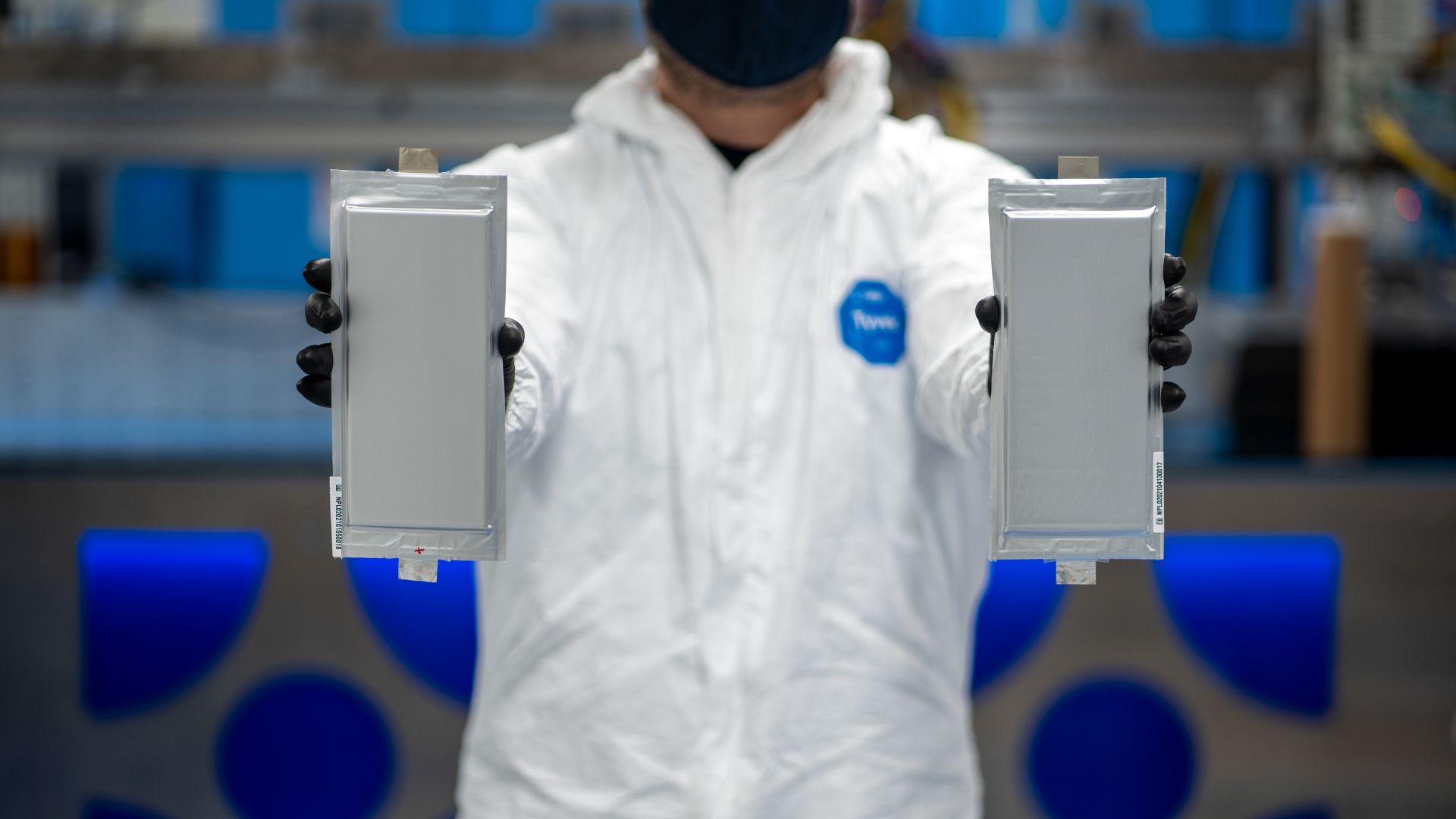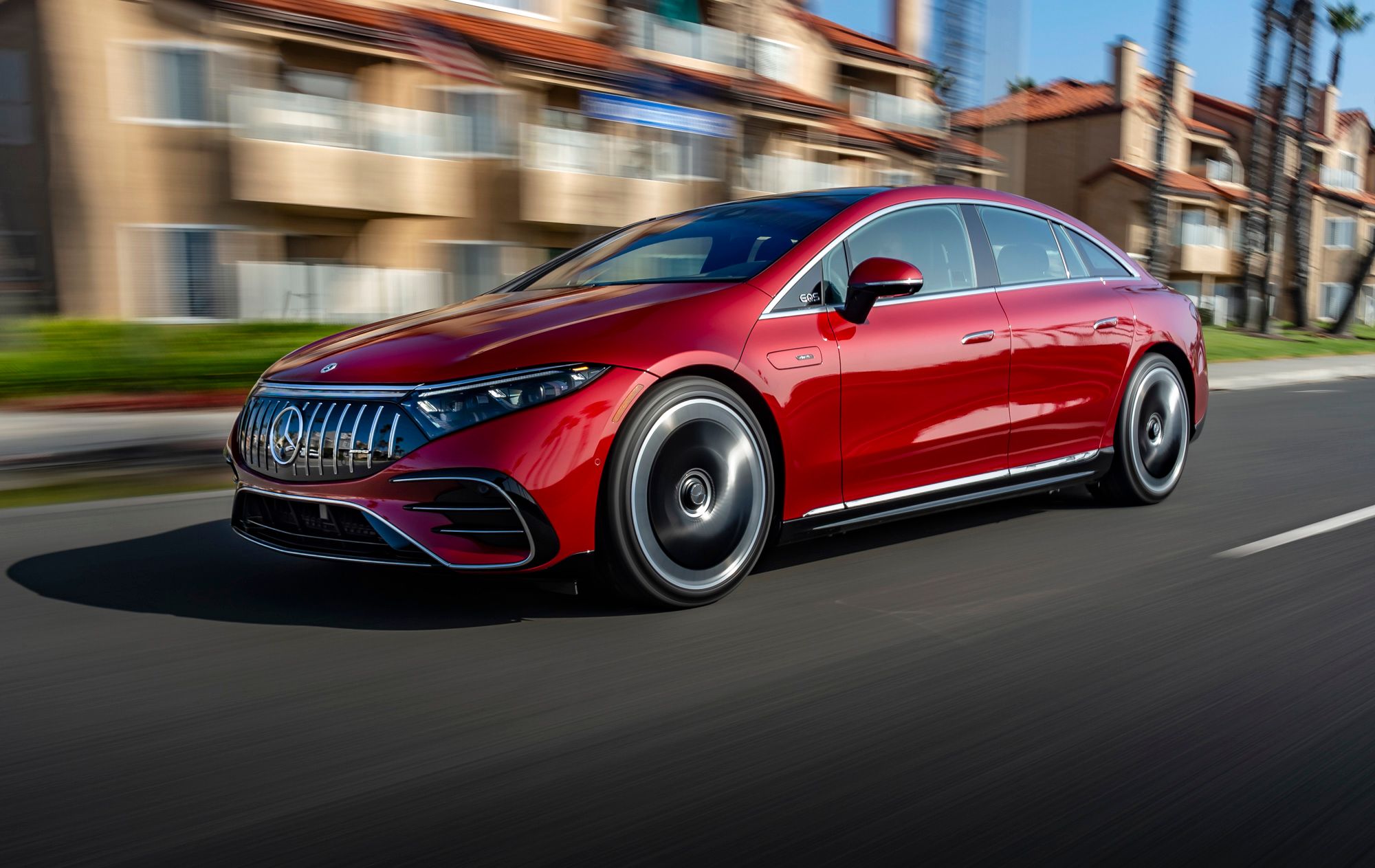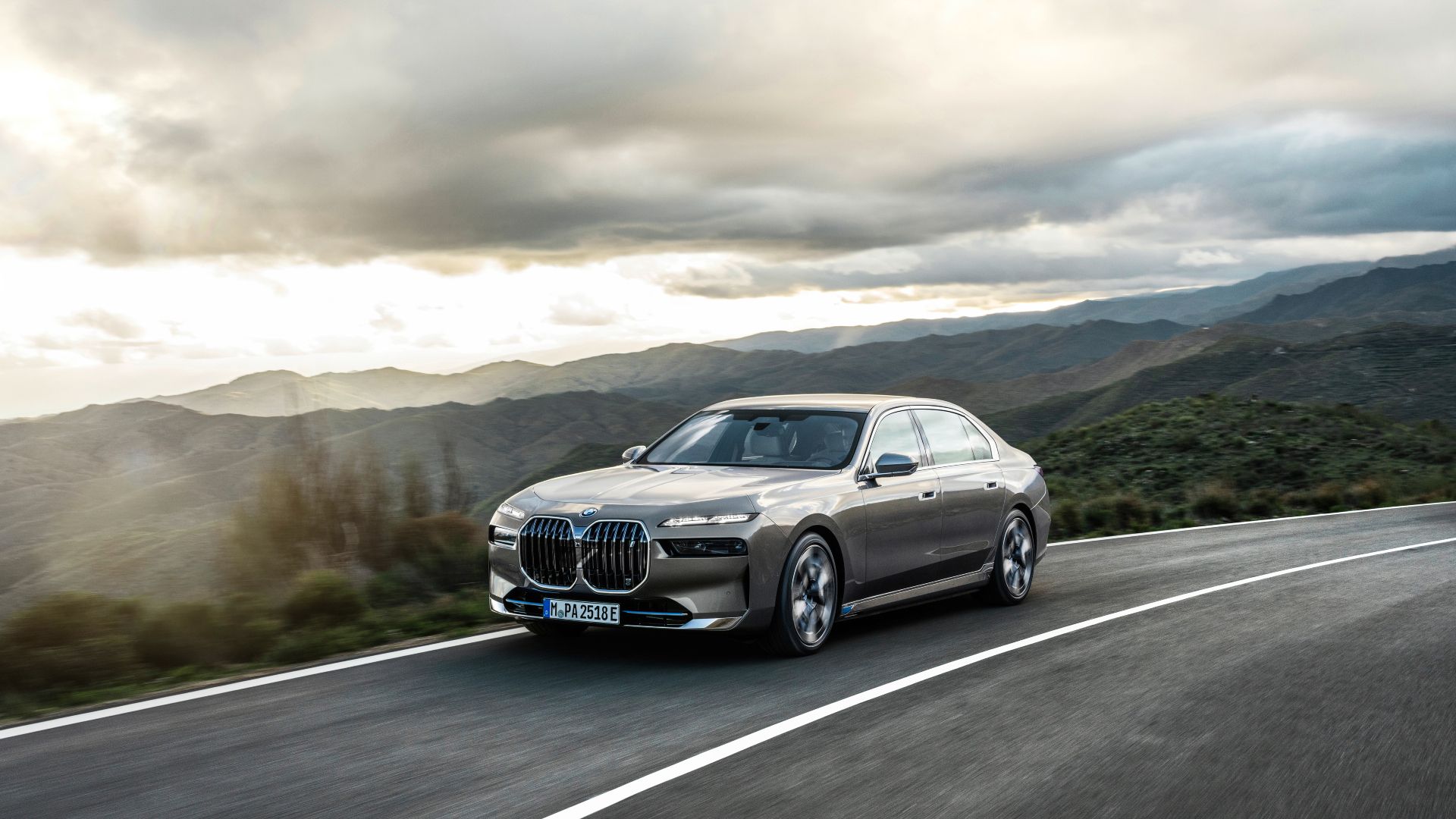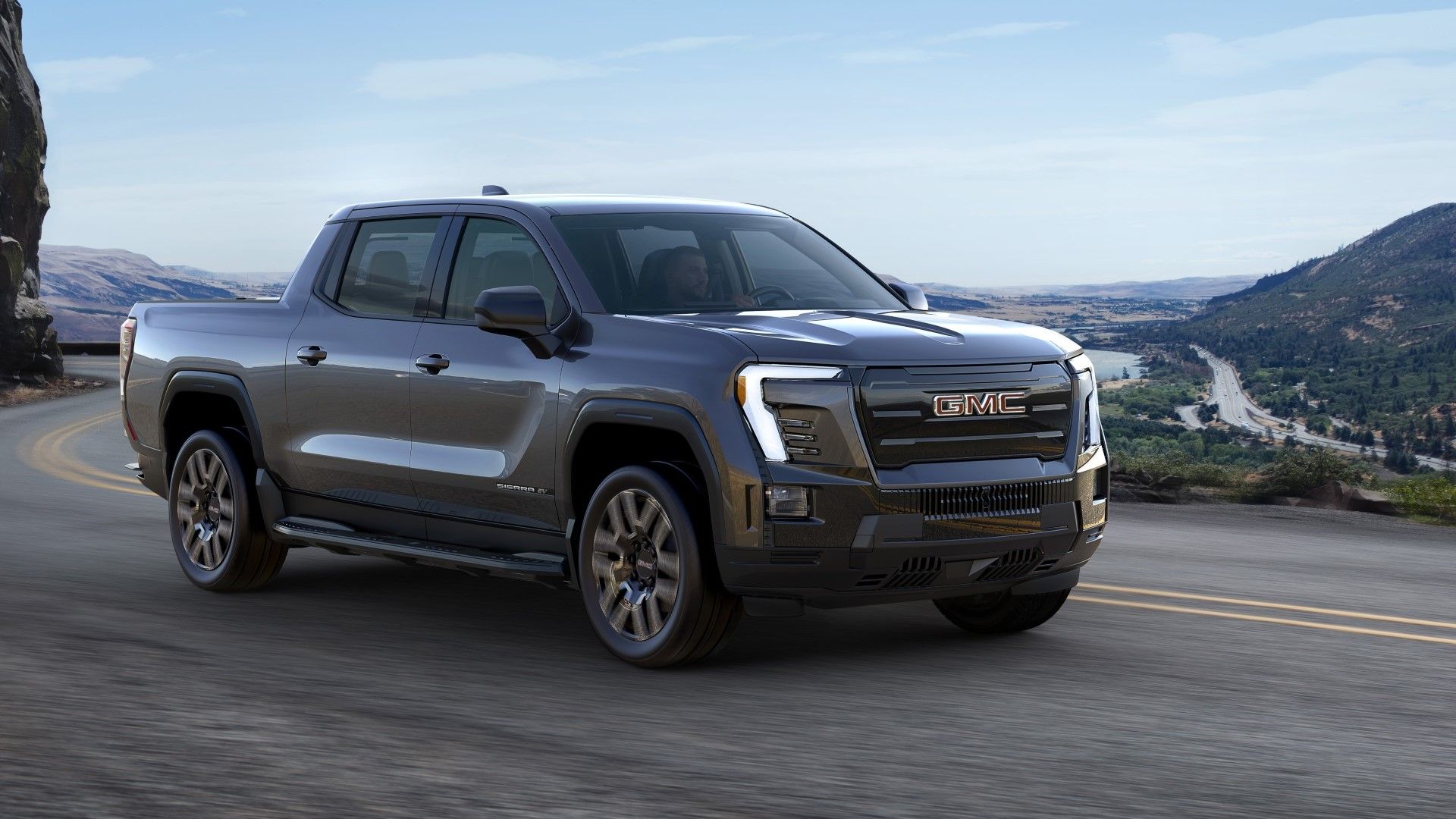With the rapid rate at which technology is advancing, the automotive industry has gotten to the brink of a revolution with the introduction of solid-state battery technology. Although this technology has been in the works for over 40 years, the automotive world seems to have made strides and the technology promises to revolutionize the way we look at electric vehicles and the entire industry. As automakers keep on developing and perfecting this technology, there will be more advancements in the coming years.
Solid-state battery technology uses a solid electrolyte instead of the liquid electrolyte used in traditional lithium-ion batteries, resulting in higher energy density, faster charging times, and improved safety. These benefits have made this technology incredibly attractive to automakers, but an ex-Tesla engineer, Gene Berdichevsky, who was in charge of the Roadster battery tech but left to start his own company, Sila Nanotechnologies, has expressed his doubts about this technology claiming it has several technical challenges that will be difficult to overcome and stated the future still remains in the hands of lithium-ion batteries. Although silent about solid-state battery technology, Elon Musk, co-founder and CEO of Tesla, widely regarded as the pioneer of the new electric car movement, instead, chose to follow the 4680 batteries technology which, unlike the previous battery technology, offers about five times the current energy storage of Tesla's already supremely impressive industry-leading batteries at just half the cost.
1 Mercedes-Benz
In the automotive world, Mercedes-Benz has been one of the first to explore the potential of solid-state battery technology. The company has been researching this technology and is making strides toward perfecting it. Mercedes-Benz has already stated it intends to completely electrify its lineup by 2030 and its pursuit of solid-state technology will play a large role in achieving that. The automaker is also investing heavily in the development of solid-state battery technology. The company recently entered into a partnership with ProLogium, a Taiwanese energy innovation company focusing on solid-state batteries, to the tune of double-digit millions of euros to fund plans for solid-state battery technology research and development. This investment is intended to bring the electric vehicle world closer to a future of EVs powered by solid-state batteries.
2 Volkswagen
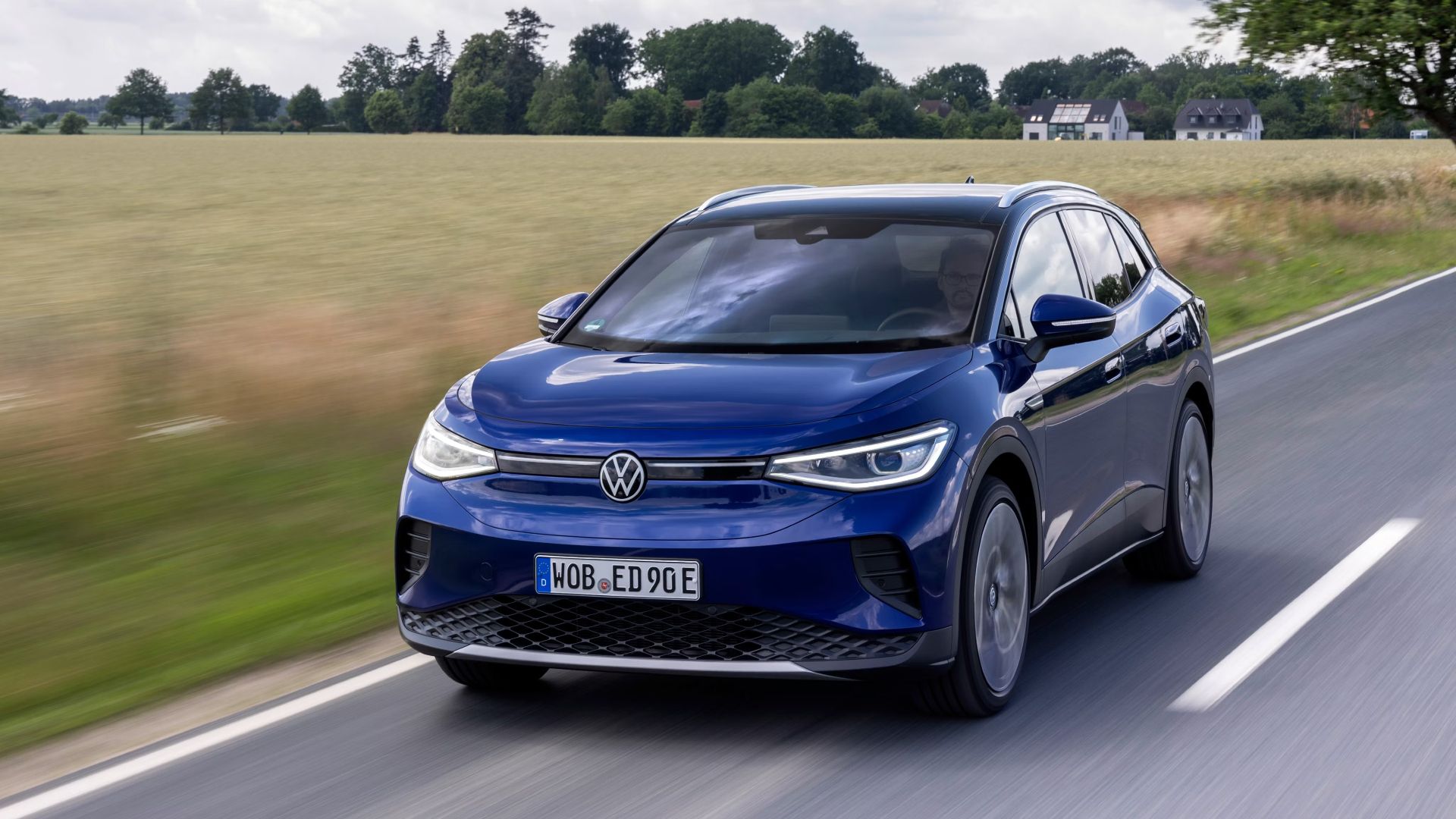
Volkswagen is another automaker leading the way in solid-state battery technology. They recently entered a partnership with QuantumScape, a solid-state battery technology company, to the tune of $300 million, to develop electric vehicles powered by solid-state batteries by 2024. QuantumScape is estimating their solid-state batteries will have an energy density of 50-percent more than their lithium-ion counterparts with recharge times of 15 minutes. Volkswagen has a larger intention of transitioning to electric vehicles. This spurred the automaker's investment in QuantumScape which came in two batches, first in 2018 to the tune of $100 million and the second at $200 million in 2020 which took its stake in QuantumScape to 20-percent. As the world's biggest auto manufacturer, Volkswagen's commitment to electric vehicles is will bring us closer to a future of reliable, efficient, and powerful electric vehicles.
3 Toyota
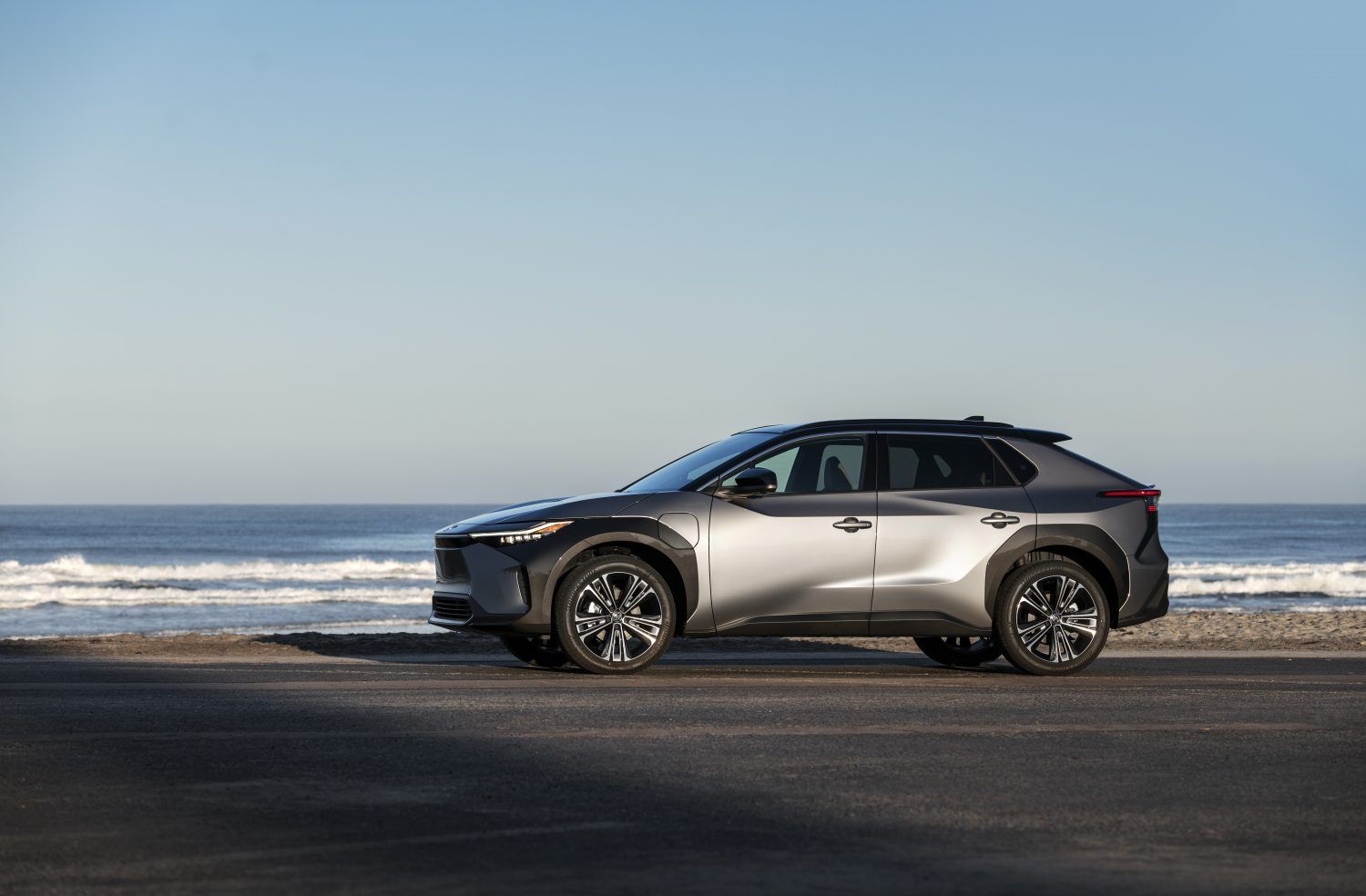
Toyota is investing heavily in research and development of solid-state battery technology and is aiming to have a production-ready solid-state battery in an electric vehicle by the mid-2020s with Prime Planet Energy & Solutions Inc., a joint venture with Panasonic. They are also investing in other battery technologies, such as metal-air batteries. Toyota aims to produce electric vehicles that are more efficient, reliable, and powerful. They claim their new solid-state batteries will be as thick as a notebook, lower the risk of fires and improve the distances traveled on a single charge as well as charging times. The automaker has a 200-person strong research and development team and over 1,000 patents on solid-state battery technology to produce a game-changer - twice the range of a conventional lithium-ion powered vehicle in similar conditions.
4 BMW
BMW is another automaker that is creating partnerships to create a breakthrough in the solid-state battery technology world. It has partnered with a U.S. battery innovator, Solid Power. That being said, BMW is still not giving up on lithium-ion batteries to power its upcoming lineup of all-electric vehicles and they have still gone ahead to develop a sixth generation of lithium battery cells for their 2025 lineup of cars, boasting that their new generation of battery cells would increase energy density by 20-percent which in turn will help boost range and charging speed by 30-percent each. BMW has engaged Solid Power in an R&D license which allows them to create a prototype line in their Cell Manufacturing Competence Center in Germany. The immediate aim is to have ready-to-test cells by the end of 2023.
5 Nissan
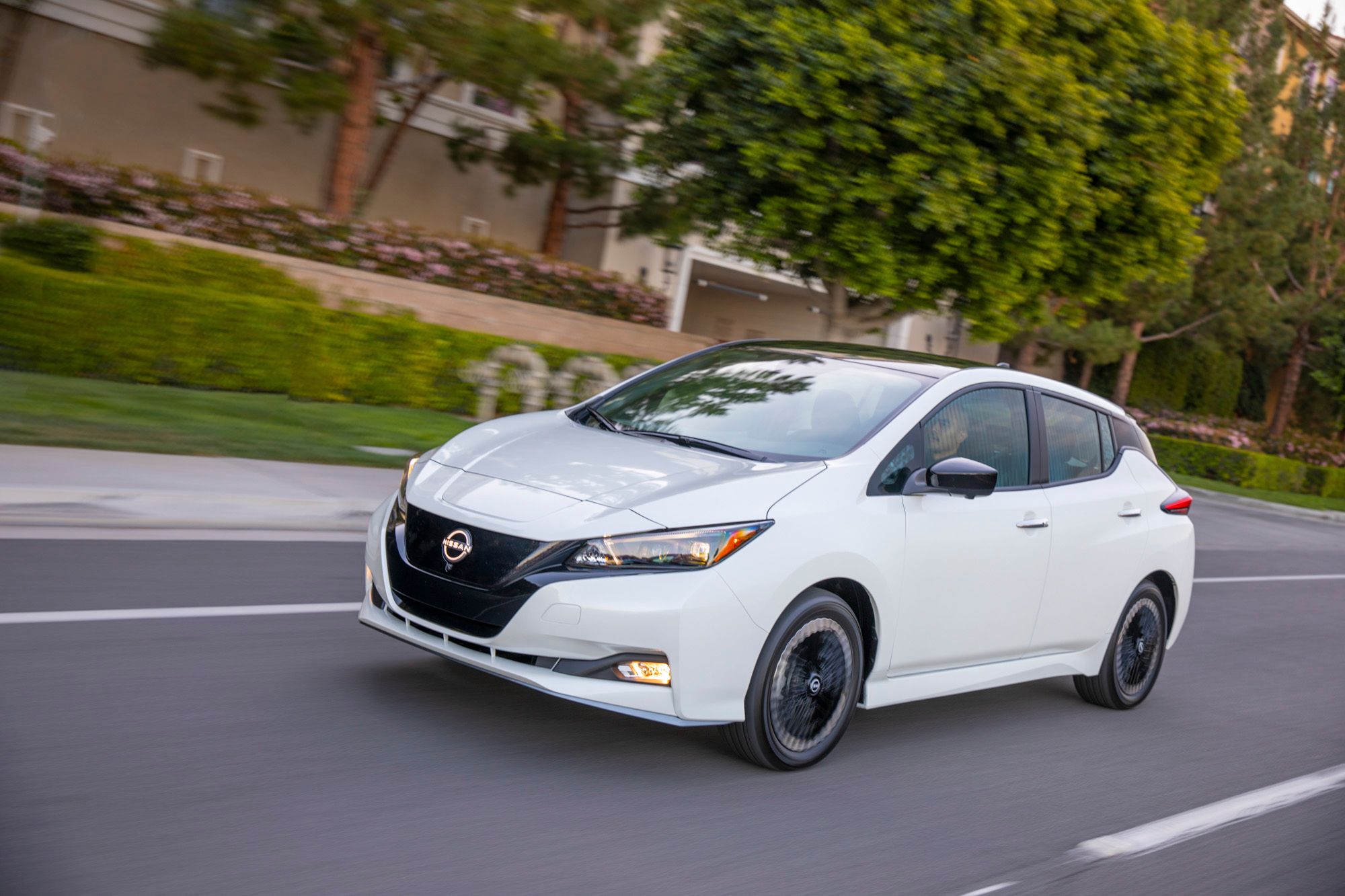
Nissan aims to have SSB production-ready vehicles on the road by 2028 running on solid-state batteries, which are all built in-house. This is outlined in their Nissan Ambition 2030 long-term vision. Nissan's pursuit of solid-state technology is driven by its potential to reduce charging times as well as a reduction in production costs which will influence MSRP figures. Nissan aims to get a production plant to begin work on solid-state batteries by 2025. David Moss, Nissan's senior vice president for research and development in Europe, stated that all-solid-state sodium batteries (ASSBs) could reduce costs by up to 65-percent. Nissan first announced it had joined the solid-state movement in 2021 and by 2022, it had begun developing prototypes in the Nissan Research Center, Japan. It aims to be the first automaker to roll out solid-state batteries in its production-ready EVs.
6 Stellantis
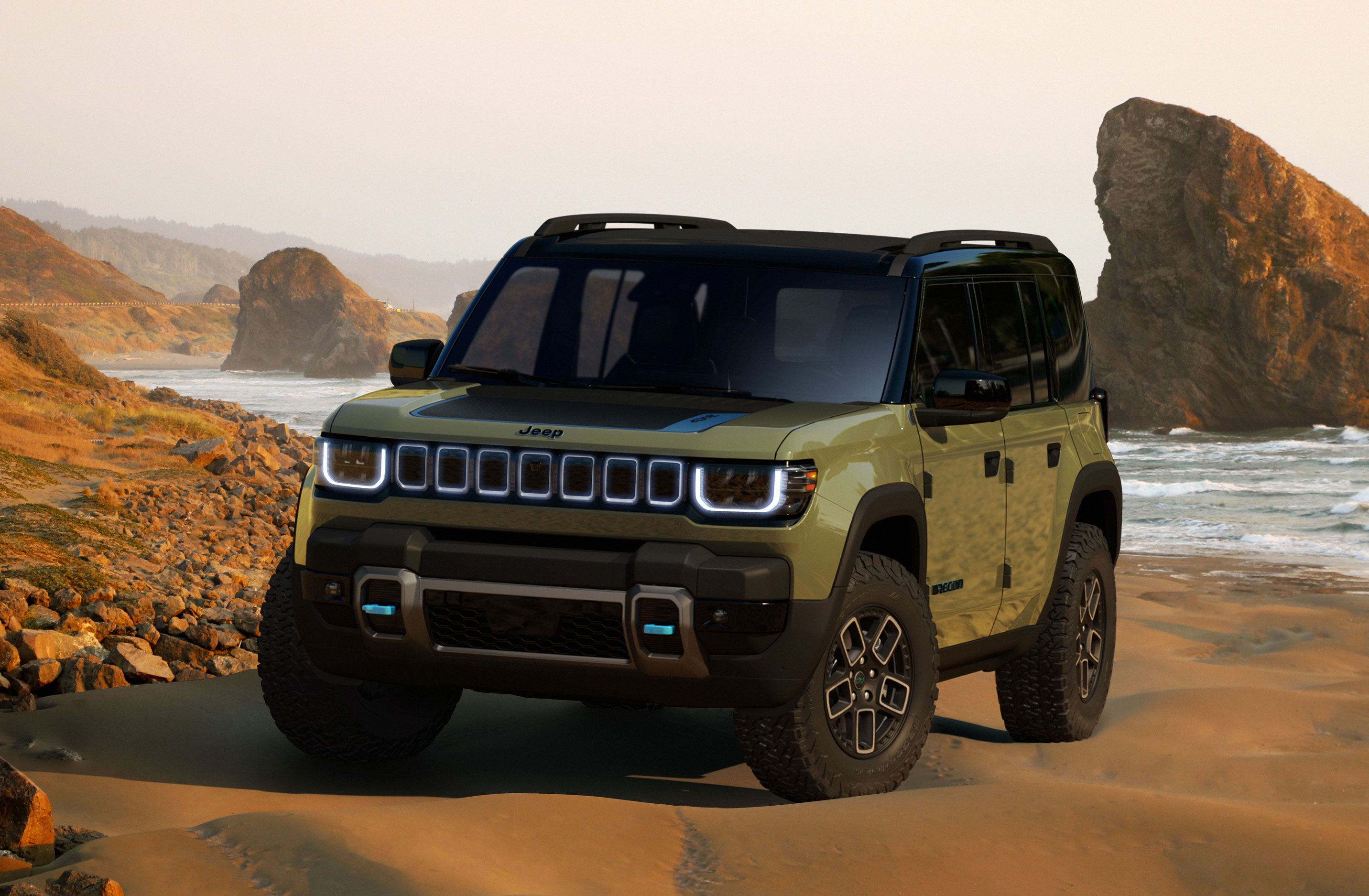
Stellantis N.V., which has its headquarters in Amsterdam, was formed in 2021 as a 50-50 merger between Fiat Chrysler Automobiles (FCA) and the French PSA Group into one multinational automotive manufacturing corporation. Stellantis entered into a partnership with Factorial Energy, a solid-state battery technology company, to speed up and deploy the commercial products of their solid-state batteries. Stellantis aims to have a solid-state battery ready for use by 2026. Factorial Energy secured a Series D round of funding from Stellantis and other investors and is building a state-of-the-art facility for large-scale cell production. Factorial uses its proprietary FEST (Factorial Electrolyte System Technology), a solid electrolyte material that provides cell performance that is safe and reliable, producing high-voltage and high-capacity electrodes at room temperature. They've broken the 40 Amp-hour with a solid-state cell at room temperature benchmark.
7 Honda
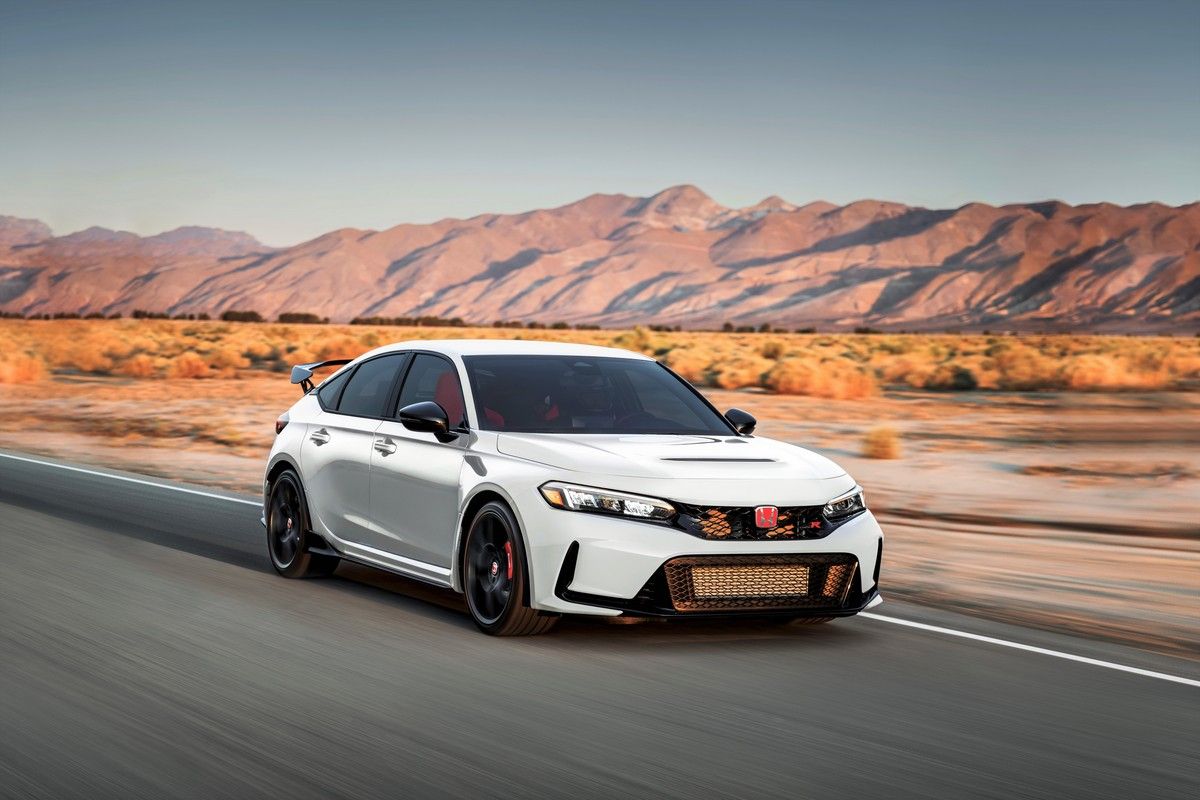
To eliminate CO2 emissions from Honda's mobility products by 2050 and improve its carbon neutrality, Honda is betting heavily on the EV movement. But Honda aims to tackle issues including limited range and high prices of EVs as these issues have been the major drawbacks the EV movement has faced in the past 15 years. This is where Honda's work on solid-state batteries comes in. With solid-state battery technology being a solution to the range and cost issues, Honda is moving into the sector. To accomplish this, Honda has been developing all-solid-state batteries in-house and establishing mass-production technologies to facilitate the installation of all-solid-state batteries into their electric vehicles. These developments give them confidence that early applications could be in the second half of the 2020s. A demonstration line for production will be available in 2024 in a bid to achieve mass production.
8 Ford
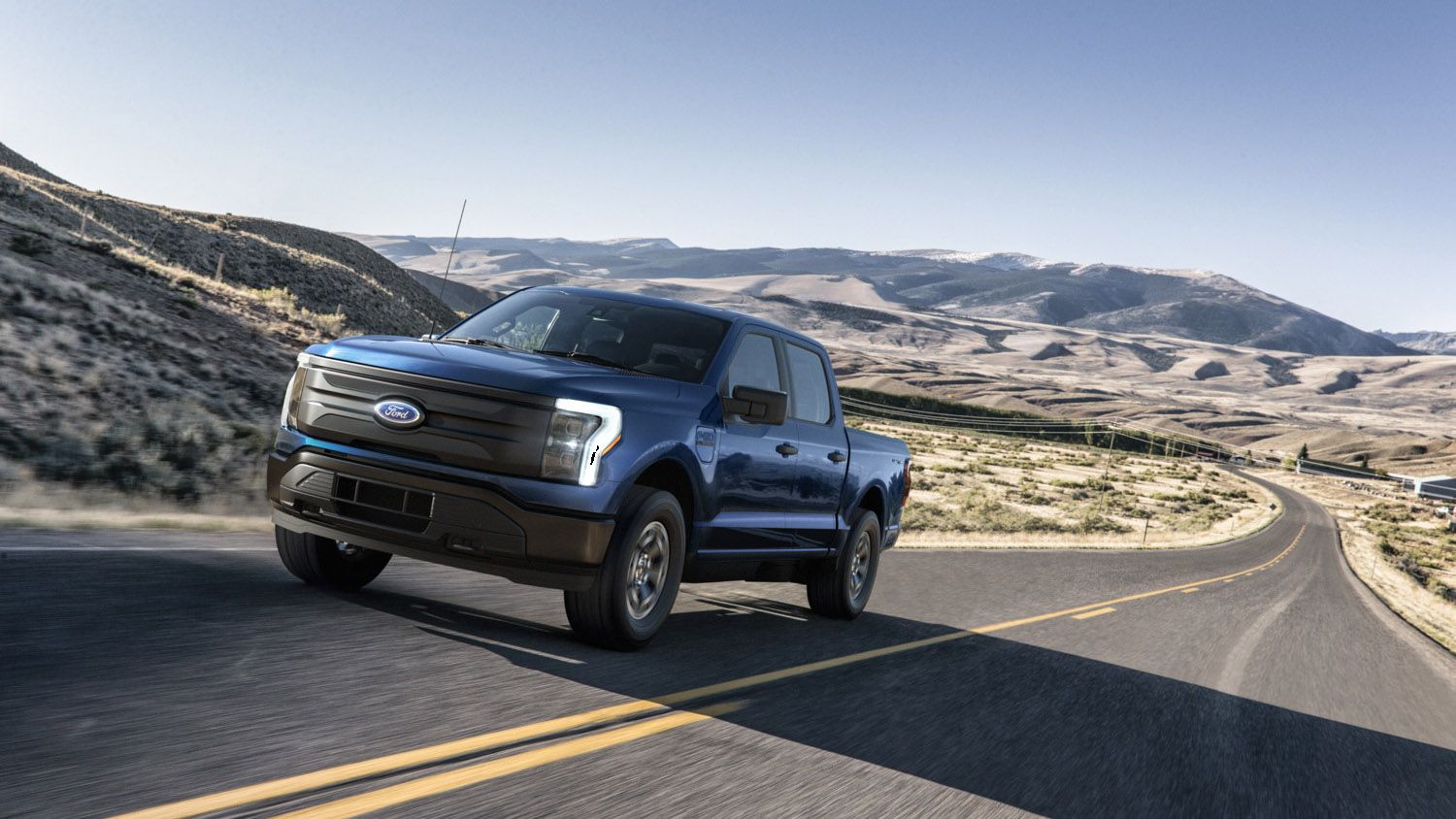
Like BMW, Ford announced a partnership with Solid Power, a solid-state battery technology company, to develop electric vehicles powered by solid-state batteries. Ford and SK on Co., Ltd., their EV battery partner, have made multiple investments in Solid Power to speed up the development of this technology. Although Lisa Drake, vice president of EV industrialization at Ford, says the technology won't be ready before 2030, Ford is still working on securing raw materials from all over the world in a bid to boost production. In addition to solid-state battery technology, Ford is also working on lithium-ion phosphate batteries which are cheaper and safer than the current technology. Lithium-ion phosphate batteries are more of a stop-gap solution for Ford as they look to fill in the gap until the solid-state batteries are ready in 2030.
9 General Motors
General Motors is another automaker looking to break into solid-state battery technology. General Motors CEO, Mary Barra announced that the company would be investing $7 billion in four different factories, two of which would be dedicated to electric vehicles and batteries alongside most of the capital. Part of the report included GM's plans to build a new supply chain for batteries and EV components through strategic supplier agreements. One of the six strategic suppliers mentioned happened to be POSCO, a company that called solid-state battery technology in 2018 "a feasible solution." GM also announced the Wallace Battery Cell Innovation Center in Michigan which would allow GM to build and release new technologies like lithium-metal, silicon, and solid-state batteries quickly. This plant will build large-format, prototype lithium-metal battery cells for vehicle usage different from the small-scale versions found in handheld devices.
10 Porsche

Porsche is working on creating an all-electric version of the legendary 911. If the rumor mill is to be believed, Porsche is also reportedly working with QuantumScape to provide solid-state batteries for the electric version of the 911 and potentially other future EVs. After the sales performance of the Porsche Taycan which sold approximately 14-percent of all cars Porsche sold in 2021, even outselling the 911, Porsche moved to electrify 80-percent of its lineup by 2030. QuantumScape which has a working relationship with Porsche's parent company, Volkswagen, is reportedly working on powering if not all but some level of the all-electric 911 which is planned for some time within the next few years. The Mission E concept, which is the electrified 911, is only rumored to use the solid-state technology being built by QuantumScape.

